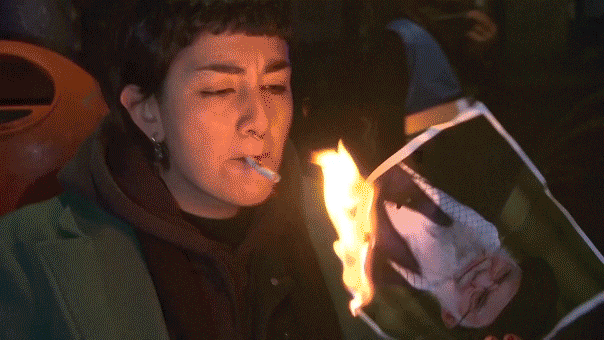BANGKOK – Myanmar leader Aung San Suu Kyi has canceled plans to attend the U.N. General Assembly, a government spokesman said Wednesday as the country draws international criticism over violence that has driven at least 370,000 ethnic Rohingya Muslims to nearby Bangladesh in less than three weeks.
Presidential office spokesman Zaw Htay said Suu Kyi will skip the assembly, which opened Tuesday and runs through Sept. 25, to address domestic security issues. Suu Kyi is not Myanmar's president — her official titles are state counselor and foreign minister — but she effectively serves as leader of the Southeast Asian nation.
Zaw Htay said that President Htin Kyaw is hospitalized, so the second vice president will attend.
"The first reason (Suu Kyi cannot attend) is because of the Rakhine terrorist attacks," Zaw Htay said. "The state counselor is focusing to calm the situation in Rakhine state. There are circumstances. The second reason is, there are people inciting riots in some areas. We are trying to take care of the security issue in many other places. The third is that we are hearing that there will be terrorist attacks and we are trying to address this issue."
Attacks by an insurgent Rohingya group on police outposts Aug. 25 have set off a wave of violence in Myanmar's Rakhine state, with hundreds dead and thousands of homes burned — mostly Rohingya in both cases. The government blames Rohingya for the attacks, but journalists who visited the region have seen evidence that raises doubts about its claims that Rohingya set fire to their own homes.
Many of the fleeing Rohingya have said Myanmar soldiers shot indiscriminately, burned their homes and warned them to leave or die in what the government has called "clearance operations." Others said they were attacked by Buddhist mobs.
Suu Kyi, a Nobel Peace Prize laureate who lived under house arrest for many years under a junta that ultimately gave way to an elected government, faces international criticism and pressure. On Tuesday, Iran's Supreme Leader Ayatollah Ali Khamenei called the killing of Muslims a political disaster and called Suu Kyi a "brutal woman." U.N. human rights chief Zeid Ra'ad al-Hussein said the Rohingya were victims of what "seems a textbook example of ethnic cleansing."








































